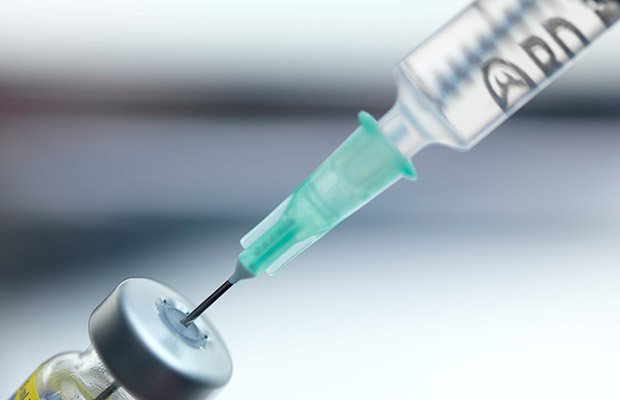NMPA approves Innovent's Tyvyt to market in china
December 28, 2018 | Friday | News
The approval of Tyvyt® (sintilimab injection) highlights the emergence of China in the field of Immuno-Oncology
Innovent Biologics, and Eli Lilly and Company ("Lilly") jointly announce today that the co-developed Tyvyt® (fully human anti-PD-1 therapeutic monoclonal antibody, generic name: sintilimab injection) has been granted approval for market authorization by the National Medical Products Administration of China ("NMPA", formerly the China Food and Drug Administration) for the treatment of patients with classical Hodgkin's lymphoma (cHL) that has relapsed or refractory (r/r) after two or more lines of systemic chemotherapy (r/r cHL). The approval of Tyvyt® (sintilimab injection) highlights the emergence of China in the field of Immuno-Oncology.
Dr. Michael Yu, the Founder, Chief Executive Officer and Chairman of Innovent, said, "Tyvyt® (sintilimab injection) is an example of our success with the National Mega Innovation Program, and its approval highlights our achievements in immunotherapy and contributions to China's efforts to deliver innovative medicines. Innovent has shown its ability to develop large molecule drug and this approval is also a validation and the recognition of Innovent's R&D capabilities. I have confidence that Tyvyt® (sintilimab injection), with its global quality and cost-effectiveness, will bring better treatment to cancer patients in China."
Dr. Wang Li, Senior Vice-President of Lilly China and Head of Lilly China Drug Development and Medical Affairs, said, "The efficacy and safety profile of Tyvyt® (sintilimab injection) is well proven in the ORIENT-1 trial. The drug provides a new immuno-oncology treatment option for patients with relapsed/refractory classical Hodgkin's lymphoma (r/r cHL). Lilly will continue to collaborate with outstanding local pharmaceutical companies to bring more innovative medicines to patients and help in demonstrating local R&D capabilities in global oncology community."
Currently, Tyvyt® (sintilimab injection) is being studied in more than twenty clinical trials, including studies in first line non-squamous non-small cell lung cancer (NSCLC), first line squamous NSCLC, second line squamous NSCLC, EGFR mutant NSCLC after EGFR TKI treatment failure, first line gastric cancer, first line liver cancer, first line esophageal cancer, and second line esophageal cancer.










